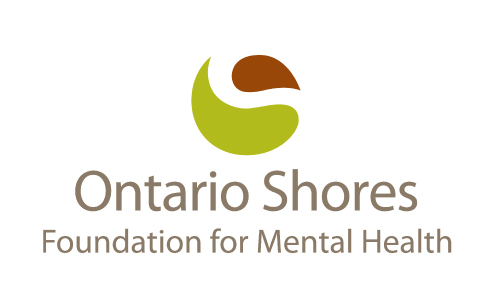Join our Mailing list!
Get all the latest news, upcoming courses, and exclusive deals.
"*" indicates required fields

This microcredential aims to address the gap in mental health care environment and better prepare interprofessional healthcare workforces (allied health, social work etc.) who are working in mental health care settings.
This microcredential is designed to enhance learners skills in promoting workplace safety and better prepare clinicians to integrate various crisis management techniques within crisis prevention, intervention, and subsequent debriefing to a variety of scenarios. Learners will integrate various crisis management techniques when interacting with mental health patients/clients. This includes crisis prevention, active crisis intervention, subsequent debriefing, and personal reflection. To support this, learners will engage in multiple crisis scenarios where they will conduct risk assessments towards patients/clients in crisis, recommend de-escalation strategies, develop crisis prevention plans (CPP), and strategize techniques to advocate for a patient/client.
In partnership with Ontario Shores Centre for Mental Health Sciences

Week 1: Welcome
Characteristics of a Crisis
Week 2: Crisis Prevention
Identifying Signs, Symptoms and Triggers
Developing a Crisis Prevention Plan (CPP)
Environmental & Biopsychosocial Preventative Strategies
Week 3: Crisis Intervention
Overview of Crisis Intervention & Roles of Staff
Performing Risk Assessments
De-escalation Strategies
Week 4: Crisis Debriefing
Overview of Crisis Debriefing
Conducting Staff-Specific Debriefing
Week 5: Self Care & Resilience
Significance of Vicarious Trauma, Burnout, Countertransference
Building Self-Care and Resiliency
Week 6: Review
Wrap up and Farewell
"*" indicates required fields